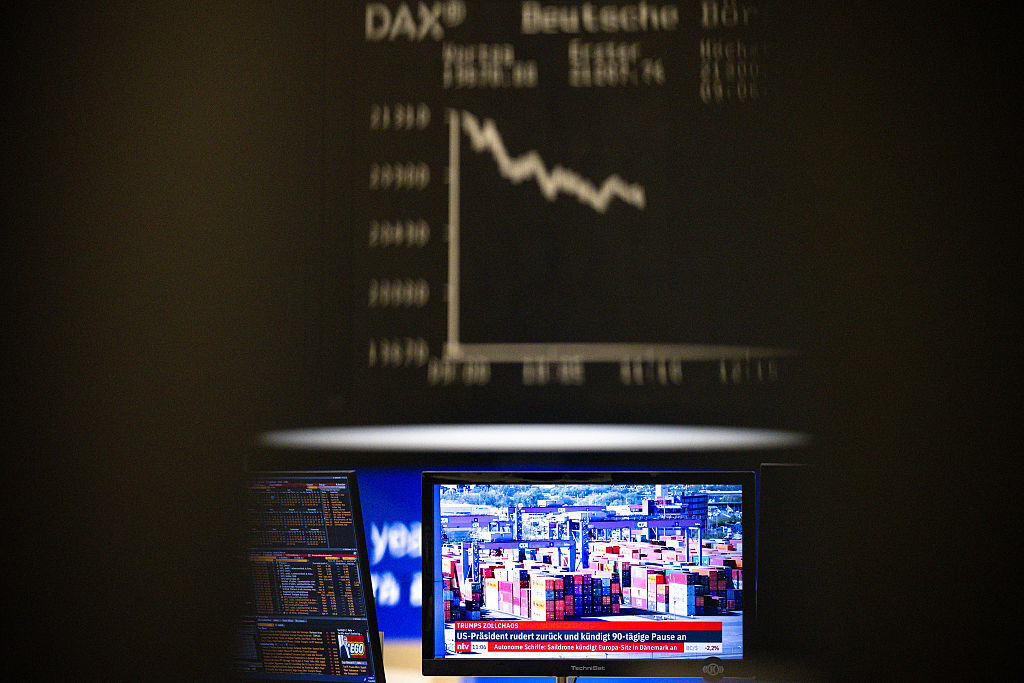Beowolff Capital, the firm run by British investor Andrew Evan Wolff, has offered a voluntary public takeover of Artnet AG, the company that runs the similarly named art market website and news outlet, Artnet. The move could see the company go private after more than two decades of being publicly listed on the Frankfurt Stock Exchange.
As of today, Artnet AG is offering the remaining shareholders €11.25 per share in cash, a 97 percent premium over the undisturbed share price on March 3.
The offer comes as Artnet continues to grapple with mounting financial pressure. The Berlin-based art data and marketplace platform reported a €1.9 million loss for 2023, according to the German business newspaper Handelsblatt—a steeper shortfall than the previous year. Revenues fell to €23.4 million, and the company’s liquidity nearly halved over the same period, leaving it with just over half a million euros in cash.
Related Articles

Beowolff’s bid—made through its investment vehicle SCUR-Alpha 1849 GmbH (soon to be renamed Leonardo Art Holdings GmbH)—already has backing from 65 percent of Artnet’s shareholders, including Weng Fine Art AG, which had previously hinted at a possible sale.
In Tuesday’s announcement, Artnet’s management and supervisory boards both said they supported the move, and that the company would benefit from “a more stable, private environment” and a long-term shareholder structure that frees it from public market scrutiny. The offer is not contingent on external financing.
The deal also signals Beowolff’s growing ambition in the art-tech sector. Earlier this year, the firm acquired a controlling interest in Artsy, the online art marketplace. “The digital art market is ripe for accelerated innovation,” Wolff said, touting the firm’s plans to create a data-driven “symbiotic ecosystem” powered by artificial intelligence.
But behind the enthusiasm lies a business under strain. According to art market newsletter Wall Power, Artnet’s revenue declined by 7 percent in the first half of 2024, with drops across all major business lines—including subscriptions, once a growth engine. The company’s media division posted just $162,000 in earnings before overhead, making it the weakest performer by far. Meanwhile, Artnet disclosed additional loans of nearly €1 million this year alone.
Despite its brand recognition and its 67 million annual users, Artnet has struggled to capitalize on its early mover advantage. Investors have watched years of stagnation and internal friction—most notably between the founding Neuendorf family and Weng Fine Art AG, both major shareholders.
Beowolff expressed confidence in Artnet, praising the company for its “strong commercial proposition.”
The delisting, expected to take place following the offer’s acceptance period, will relieve Artnet of its public reporting requirements and could mark the beginning of a broader consolidation across digital art platforms.

